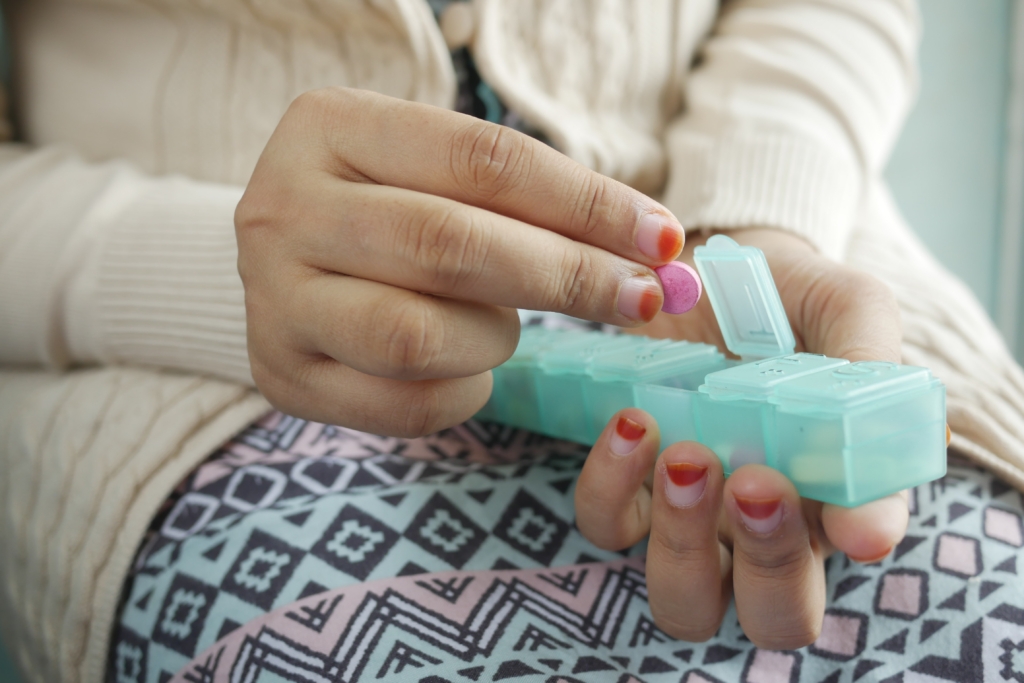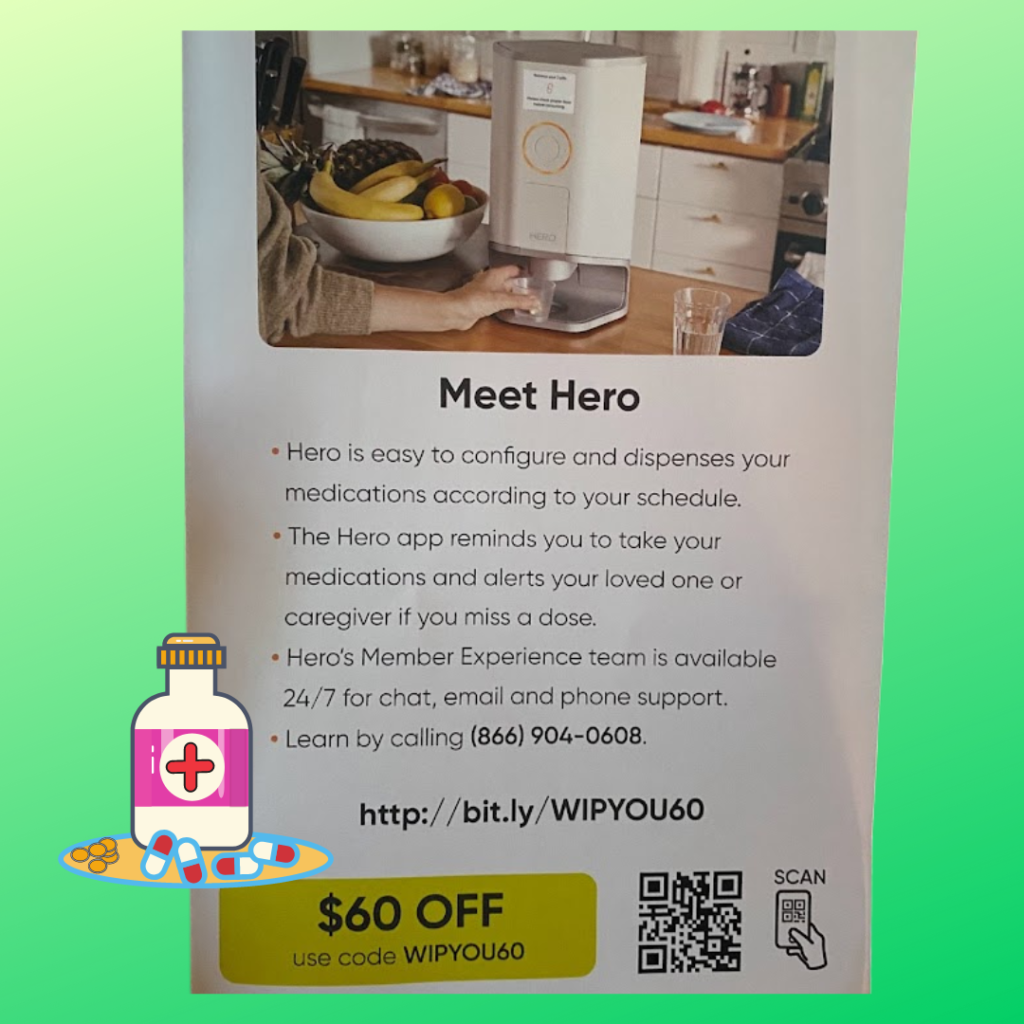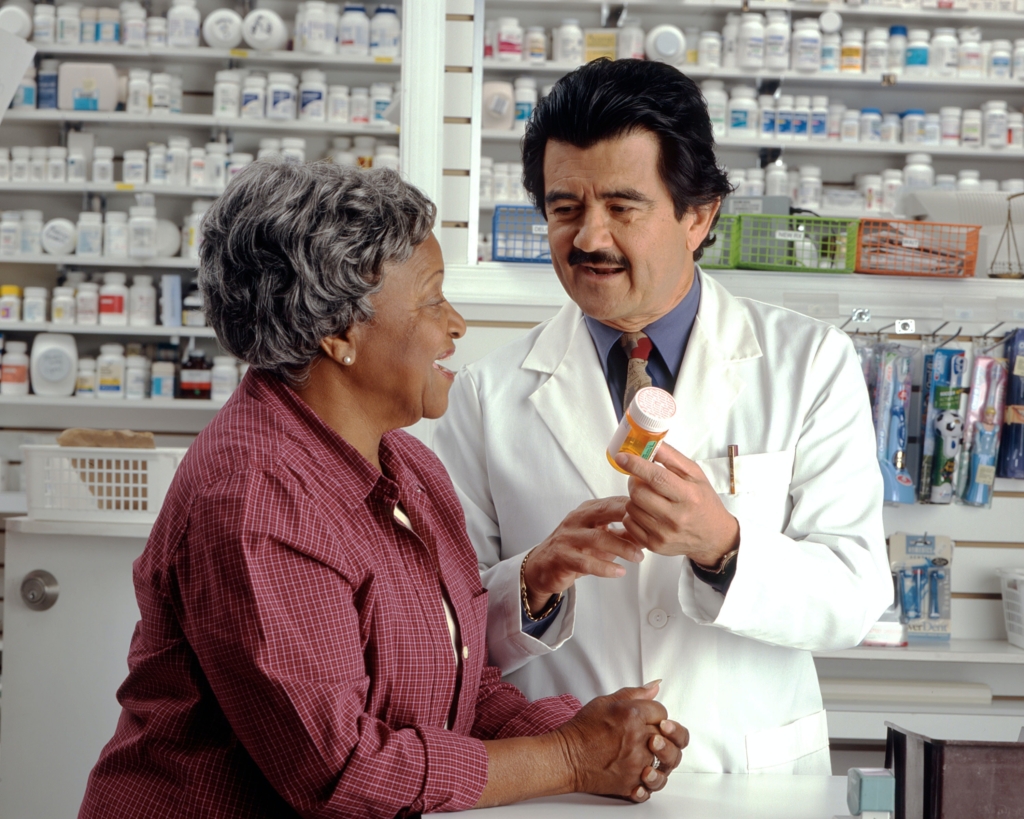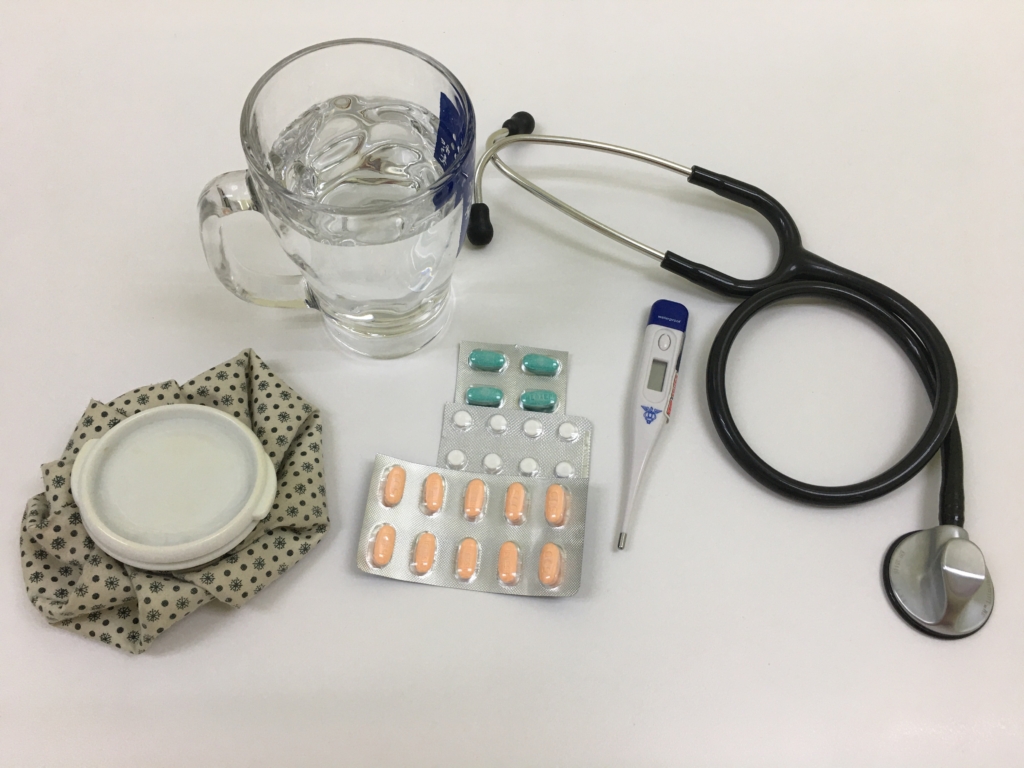
If you’re like me and most adult children of aging parents, you’re probably trying to do everything you can to make their lives easier. One important thing to remember is to know where all their medications are stored, and to keep track of when they need to take them.
This can be especially tricky if your parents are taking multiple medications. Taking the time to help your aging parents manage their medication can be a daunting task. But by following these simple steps, you can rest assured that they’ll be getting the care they need. And that’s really all that matters.
Here are five tips on how to make sure everything stays organized and seamless.
- Talk to your parents about their medication and health history. As our parents age, it’s important to have a conversation with them about their medication and health history. Older adults are more likely to take multiple medications, which can put them at risk for side effects or drug interactions. It’s important to know what medications your parents are taking, as well as any medical conditions they may have. This information can help you keep an eye out for any potential problems. Additionally, it’s a good idea to have a copy of your parents’ medication list in case of an emergency. You can get this information from their doctor or pharmacists. By being informed about your parents’ medication and health history, you can help keep them safe and healthy as they age.
Do your parents know how to take their medications properly? With food, on an empty stomach, before the other medications, before eating, at night, or as needed? The “as needed” medications can cause problems if they cannot remember the last time they took say a pain pill. Encourage them to write it down in a notebook whenever they take a medication that is labeled “as needed”.
– Finally, keep an eye out for any side effects or interactions. If you notice anything unusual, be sure to contact their doctor right away.

The first step is to create a list of all the medications your parent is taking. This should include the name, dosage, and how often they need to take it. Once you have this information, you can start to organize their medication schedule. I like to use a whiteboard or dry-erase board to keep track of everything. You can also use a notebook or create a spreadsheet on your computer.
If you’re not sure where to start, try asking your parents about their current medication list and why they’re taking each medication. From there, you can ask about any medication they’ve taken in the past and any side effects they experienced. Talking to your parents about their medication and health history can help you ensure they’re staying healthy as they age.
Make sure they have enough medication for when you’re not around
Make sure you know where all of your parents’ medications are stored
Help them get organized with their paperwork, including prescriptions and insurance information
Make sure you parents keep a copy of their medication list and any allergies in their wallet or purse so they have it at all times. This can also serve them well in case of an emergency or they are not able to communicate their medications.
- The next step is to help them set up a system that works for them. This may mean pre-filling pill boxes or setting alarms on their phone. Whatever you do, just make sure it’s something they will be able to stick with. The last thing you want is for them to forget to take their medication.
- Another way is to have a family member call and check in with them to make sure they took their meds. Maybe certain days are assigned to different family members to share the load. You can do the same as a reminder call to take their medications and then a check in call later to make sure they are taken correctly.

Pill sorters or a pill caddy is an easy way to sort medications, and this can be done by you once a week. We just need to make sure they are still taking them at the proper times.
There is bubble packing that can be done by many pharmacies to put them in punch cards that are already sorted for them. The one downside with this system is sometimes the elder does not have the strength to punch the card and push the medications out. If you are thinking of bubble packing, make sure they can use and try one out at the pharmacy first. An average extra cost is around $5.00 per card after the medications are paid for.
If you’re not sure how to get started, there are plenty of resources available online. The National Institute on Aging has a great guide that covers everything from how to talk to your parents about their medications to what to do if they refuse to take them. https://www.nia.nih.gov/health/safe-use-medicines-older-adults
If you want a more sophisticated system, there are many digital medication management systems that you can have the medications filled in the unit and it will talk and remind your parent when to take their medication. It has a phone app and will notify you via your app if they have missed their scheduled dose. We like the HERO machine, and you can get a discount and learn more about this HERE and use the code PRVDR6138 for $60 off the initiation fee to get started. Either code will work for you!

3. As our loved one’s age, it’s important to have regular conversations about their medication and health history. This ensures that we are up-to-date on their health concerns and can catch any potential problems early. It can also help to prevent medication errors, which are more common in older adults. When talking to your parents about their medication, be sure to ask about the following:
-What medication they are taking and why
-How often they take it and at what time of day
-What side effects they have experienced
-If they have ever missed a dose or taken an extra dose by accident
– Be prepared for emergencies – know the signs of a medication overdose and how to respond
-If they ever took medications too close together because they missed an earlier dose
-if they are not consistent with taking their medications ask them “What about taking your medications is difficult?” Are they too large to go down? Are you getting sick to your stomach? A very common complaint regarding taking their “water pills” or diuretics such as Lasix/Furosemide is that they don’t like to take them because they must use the rest room too often. This is surely an inconvenience, but this medication can help keep them out of the hospital with complaints of leg swelling and shortness of breath.
if they are having trouble remembering to take their medication, consider asking their doctor about a long-acting or extended-release medication

By having these conversations, we can ensure that our aging parents are staying safe and healthy.
It is important to stay on top of updating the medication list. When they have doctors’ appointments it is a good idea to check in to see if there were any changes, additions or subtractions, or dose changes. It is important to get rid of medications that have been discontinued and remove any discontinued medications from their pill boxes or dispose of the pill bottles, so they do not take them by mistake. Many pharmacies have medication drop boxes to dispose of unused or left-over medications. The main thing is to get discontinued medications out of the house to avoid medication errors.
4. As we age, our bodies become more sensitive to medication. Even common over-the-counter drugs can have serious side effects in older adults. That’s why it’s important for adult children to help their aging parents keep track of all the medication they’re taking. This includes prescription drugs, over-the-counter drugs, supplements, and even herbal remedies. It’s also important to note the dosage and frequency of each medication. This information can be kept in a simple notebook or on a computer. By keeping track of their medication, aging parents can be sure to stay safe and healthy.
5. As our parents age, it’s important to make sure that they are taking their medication safely. One way to do this is to assist them with refilling prescriptions and picking up medication from the pharmacy. This can help to ensure that they are taking the correct medication at the correct dose. Additionally, it can help to prevent medication errors, such as accidentally taking two doses of the same medication or taking a medication that interacts badly with another medication they are taking. Assisting our aging parents with their medication can help to keep them safe and healthy.

Assisting them with refilling prescriptions and picking up medication from the pharmacy will give you an opportunity to ask the pharmacist any questions you may have to get you the information you need to assist your parents, grandparents, or spouse.
By following these tips, you can help ensure that your aging parent stays safe and healthy.
If you have aging parents, it’s important to make sure you know where all of their medication is stored. As we get older, our medication needs often increase, and it can become easy to lose track of what we’re taking and where we’ve put it. This can be a problem if there’s an emergency and we need to access medication quickly. By knowing where your parents’ medication is stored, you can help ensure that they always have the medication they need on hand. Additionally, it’s important to keep an eye on expiration dates and make sure that medication is stored properly to maintain its efficacy. By being proactive about medication safety, you can help your parents age gracefully and stay healthy.
Have you had the talk with your parents about their medications and health history? If not, now might be a good time to start. It’s important for everyone to stay on top of their health, especially as they get older. And luckily, there are ways we can help our loved ones do just that. In this blog post, we’ve outlined five simple steps you can take to assist your parents with staying healthy and taking their medication properly. We hope you find these tips helpful! If you want more information or would like to join our mailing list so you can stay up to date on the latest in senior health care, please click here.

And don’t forget – you can always join our newsletter, so you never miss an important update about aging parents or any other topic that matters to you. We will send you our free checklist “11 Signs Your Aging Parent May Need Help in the Home.” Thanks for reading!
If you have any questions or concerns about helping your aging parents manage their medication, don’t hesitate to reach out to a healthcare professional for help. They can offer guidance and support to ensure that your parents are getting the care they need. Above all, remember that you’re not alone in this – we’re here to help!
We hope this information has been helpful. If you have any tips of your own for helping aging parents manage their medication, please share them in the comments below!
Take care and thanks for stopping by! We will see you back here soon
Pam and Linda
Your Nurse Advocates




